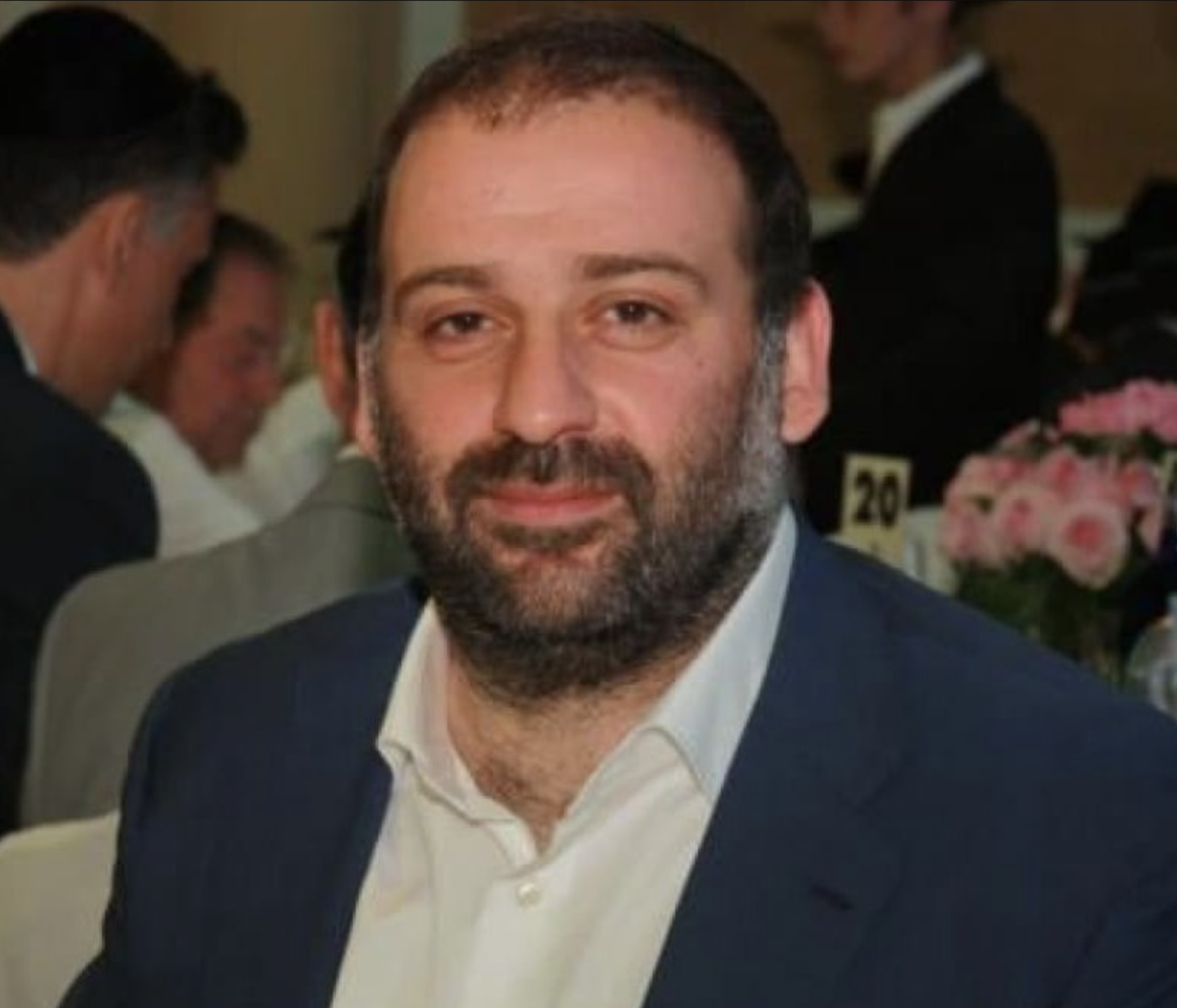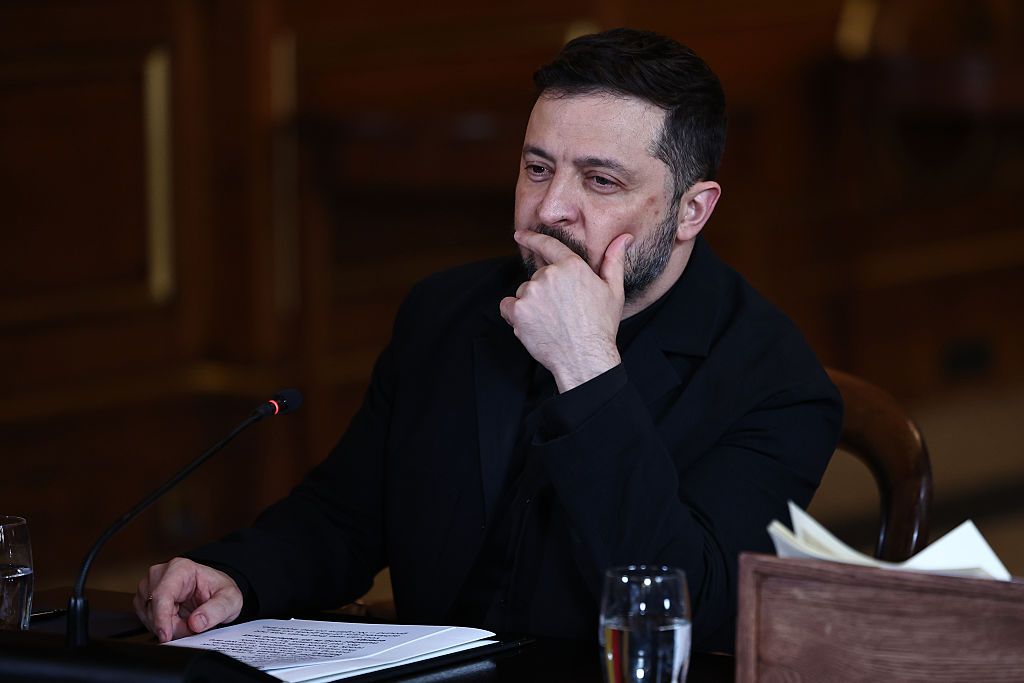Explainer: How is Ukraine's biggest corruption scheme linked to Russia?

Suspects in a major corruption case centered around the state nuclear power monopoly Energoatom are linked to a Russian official and could have transferred money to Russia, according to audio tapes released by the National Anti-Corruption Bureau (NABU).
The NABU has charged eight suspects with bribery, embezzlement, and illicit enrichment. Among them are Timur Mindich, a close associate of President Volodymyr Zelensky, and ex-Deputy Prime Minister Oleksiy Chernyshov.
One of the suspects, Ihor Myroniuk, is a former aide to Andrii Derkach, a former Ukrainian lawmaker who has fled the country, has been charged with high treason, and currently serves as a Russian senator.
Myroniuk allegedly said in the Anti-Corruption Bureau tapes that Derkach and Justice Minister Herman Halushchenko, who also features in the recordings, were "acquainted."
"When (Halushchenko) was appointed to Atom (Energoatom), (Derkach) called him and said, 'Come by, I want to tell you how everything works there.' So he went," Myroniuk said in the recordings in a reference to Halushchenko's appointment as vice president of Energoatom back in 2020.
In 2020, Derkach was still a Ukrainian lawmaker. He used to head Energoatom in the 2000s.

As part of the alleged corruption scheme, kickbacks from Energoatom were laundered through a back office in downtown Kyiv owned by Derkach's relatives, according to the Anti-Corruption Bureau.
According to the tapes, the suspects have also allegedly transferred $2 million to Moscow.
"2 (million dollars) has left; it will be in Moscow in a week and a half," Ihor Fursenko, another suspect, said in May 2025, according to the tapes.
The phrase prompted speculation that the money could have been transferred to Derkach.
Anastasia Radina, head of the Ukrainian parliament's anti-corruption committee, on Nov. 12 called for conducting a parliamentary inquiry into the possible transfer of funds to Russia.
"What has the Security Service of Ukraine (SBU) already done in response to the alleged transfer of funds from an energy-sector enterprise to Moscow?" she asked.
Derkach has a long record of serving Kremlin's interests.
Derkach, 58, studied at the Academy of the Soviet KGB — later integrated into Russia’s FSB — from 1990 to 1993.
He was a member of the Ukrainian parliament from 1998 to 2023. Specifically, he represented pro-Russian ex-President Viktor Yanukovych's Party of Regions from 2012 to 2014.
From 2017 to 2021, Derkach regularly attacked the U.S. Democratic Party and ex-President Joe Biden, accusing them of corruption. He also lashed out at the NABU, claiming that it was a political tool of the U.S.
In 2020, the U.S. sanctioned Derkach, saying that he had tried to interfere in a U.S. presidential election and that he was "an active Russian agent for over a decade, maintaining close connections with the Russian Intelligence Services."
Ukraine followed suit and sanctioned him in 2021.
In 2022, the Security Service exposed a Russian agent network in Ukraine that allegedly included Derkach. He was charged with high treason.
He received funds from Russia's military intelligence agency (GRU) to create private security structures that Russia planned to use to capture Ukraine, according to the Security Service. Russia allegedly allocated $3-4 million every few months for the purpose.
In 2022, the NABU also charged Derkach with illicit enrichment. He received at least $567,000 from Russian law enforcement and intelligence agencies for subversive activities against Ukraine, according to the Anti-Corruption Bureau.
Derkach was stripped of his Ukrainian citizenship in 2023, and his parliamentary mandate was terminated.
In 2024, Derkach became a member of the Russian parliament's upper house, informally known as a senator.












